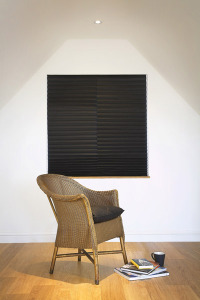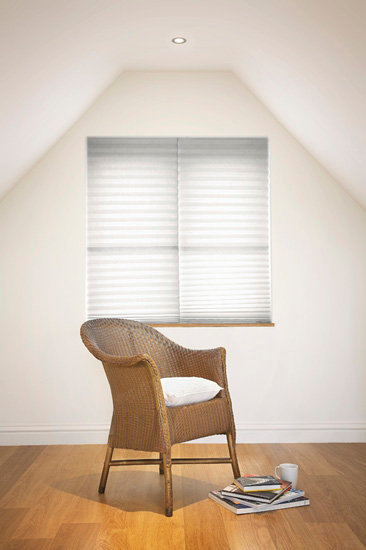
The economic uncertainty over the last couple of years has had a huge impact on some many things for so many people. Disposable income has become much more valuable and there is plenty of research to suggest that the credit crunch will have a lasting effect on the way people think about spending their money.
In most cases luxury items or services will be the first to be cut down. Many people will go to restaurants less frequently and even the type of food we make at home is affected. For example perishable food such as fresh meat, seafood and fruit is consumed less. People are more likely to eat more non-perishable food such as canned food and pasta are much more likely to be consumed more.
In the UK the recession also had a big impact on the holiday industry. People were less likely to go on wildly expensive holidays. However, as with most things, there are winners and losers in times of economic difficulty.
Although luxury holiday companies may have suffered, people were more open to the idea of short city break holidays, which didn’t involve long and expensive flights. In addition the UK holiday market experienced an increase in demand. The reduced travelling time and lower costs are very attractive in harsh economic times and when there is a good summer in the UK, the beaches and tourist towns tend to receive a major financial boost.
The recession also had a major impact on house prices and for anyone that was looking to sell their property during the economic downturn, anything to add a little extra value would have been more than welcome. As a result the amount of DIY work carried out by homeowners increased. However for companies which do more than just DIY the performance was never going to compensate for losses in other departments.
 Nevertheless it did demonstrate the passion for DIY is still strong in the UK and people always want to add value to their property. Even though you might be hopelessly over-optimistic about your DIY ability, often little touches like a fresh coat of paint can have a big impact on appearance and value.
Nevertheless it did demonstrate the passion for DIY is still strong in the UK and people always want to add value to their property. Even though you might be hopelessly over-optimistic about your DIY ability, often little touches like a fresh coat of paint can have a big impact on appearance and value.
Furthermore consumers are thinking much more about the impact of the way they spend their money. For example buying products from recycled sources such as temporary blinds made from paper or cheap window blinds generally are much more attractive compared to expensive wooden venetian blinds.